
- All Instrument Types
- Indices
- Equities
- ETFs
- Funds
- Commodities
- Currencies
- Crypto
- Bonds
- Certificates
Please try another search

Opening Bell: U.S. Futures, Global Stocks Pop On Vaccine Hopes; Gold, Oil Up

- US futures and European stocks open higher
- Trump says he'll reverse ban on American companies doing business with WeChat in China
- Earnings releases this coming week include reports from Salesforce.com (NYSE:CRM) and Best Buy (NYSE:BBY) on Tuesday, Royal Bank of Canada (NYSE:RY) on Wednesday, HP (NYSE:HPQ) and Dollar General (NYSE:DG) on Thursday.
- The US Republican National Convention takes place this week, with President Donald Trump scheduled to speak each night of the event.
- The Bank of Korea sets monetary policy on Thursday and will hold a briefing.
- Fed Chair Jerome Powell speaks on Thursday.
- Futures on the S&P 500 Index climbed 0.6%.
- The Stoxx Europe 600 Index surged 1.4%.
- The MSCI Asia Pacific Index increased 0.7%.
- The MSCI Emerging Markets Index gained 0.9%.
- The Dollar Index fell 0.1%.
- The euro rose 0.1% to $1.1811.
- The British pound was little changed at $1.3091.
- The Japanese yen was flat at 105.83 per dollar.
- The offshore yuan strengthened 0.2% to 6.9092 per dollar.
- The yield on 10-year Treasuries gained less than one basis point to 0.63%.
- The yield on two-year Treasuries gained less than one basis point to 0.15%.
- Germany’s 10-year yield jumped one basis point to -0.50%.
- Britain’s 10-year yield dipped less than one basis point to 0.203%.
- Japan’s 10-year yield fell one basis point to 0.027%.
- West Texas Intermediate crude rose 0.9% to $42.64 a barrel.
- Brent crude climbed 0.9% to $44.67 a barrel.
- Gold strengthened 0.4% to $1,947.40 an ounce.
Key Events
US futures for the Dow Jones, S&P 500, NASDAQ and Russell 2000, along with global stocks all opened higher on Monday as a trifecta of optimistic geopolitical events buttressed markets at the start of the trading week. Signs point to a peak in US coronavirus cases as President Donald Trump makes an aggressive push toward not yet fully proven medical treatments. As well, a possible development in US-China relations has the potential to improve soured relations between the two trading partners.
The dollar slipped, gold rebounded and oil rose.
Global Financial Affairs
Contracts on all four major US indices opened higher and were up at least 0.6% at time of writing, as the US COVID-19 infection rate appeared to stabilize, while worries in Europe and parts of Asia persist. As well, the Trump administration pressuring the FDA to authorize a blood plasma treatment currently under investigation has lifted all markets.
There's also been some reason for hope that tensions from the US-Sino diplomatic spat might be decreasing after reports surfaced that Trump has privately reassured US companies they can still do business with WeChat (OTC:TCEHY) in China, reversing course just two weeks after he announced he was banning the service. The about-face may have followed the realization that a total ban on the popular app could backfire, severely pressuring a vast array of US technology companies in such segments as retail, gaming and telecommunications, with strong links to Chinese customers and manufacturing.
As an example of the potential damage, the US's most highly valuated company, Apple (NASDAQ:AAPL) relies on China for 20% of its sales, as well as a big portion of its manufacturing. Globalization means that what hurts one harms others as well, not unlike nuclear fallout. If President Trump is committed to ending US reliance on China, it would require a sacrifice.
The Stoxx Europe 600 Index opened higher, after falling 0.8% last week. No surprise, drug companies led the rally. Shares of AstraZeneca (LON:AZN) jumped more than 3%, after reports that Trump is considering fast tracking the company’s vaccine ahead of the US election.
Asian traders spent the weekend patiently waiting to follow Friday’s record-breaking rallies on Wall Street. The exuberance proved more infectious than lingering unease about a possible second wave of the coronavirus, so much so that the Asian session finished completely in the green.
Hong Kong’s Hang Seng led the rallies, (+1.7%), as the city’s virus cases dropped to nine, the lowest since July. Adding to risk-on sentiment were the reports American firms can still do business in China on WeChat. The index closed at its highest since July 21.
US stocks climbed on Friday, for a second day, sealing a fourth straight week of gains. It was the longest streak of advances in at least seven months, as investors placed their faith in the Fed to continue keeping rates at near-zero levels and pumping the economy with cheap money, which has been at the core of an economic recovery and corporate profits.
The Dow finished last week just 5.9% below its Feb. 12 record.
The 30-component, mega-cap index may have completed a falling flag, bullish after the 8 % jump within just seven sessions.
Treasury yields, including for the 10-year benchmark note, trimmed an earlier drop.
Rates found resistance at Friday’s close.
The dollar confirmed resistance at the bottom of a bearish pennant for the fourth straight day.
The global reserve currency is forming a back-to-back rising flag, bearish following the five day straight drop that completed the pennant.
Gold rebounded following Friday’s hammer, which in turn confirmed Thursday’s inverted hammer, which bounced off the bottom of a rising channel.
However, the precious metal may have completed a rising flag, bearish after the preceding 10.3% drop within just four sessions. Silver, on the other hand, could be in for a wild ride higher.
Oil is rising, paring most of Thursday and Friday’s drop, after clinching a 3-week advance on Friday.
Up Ahead
Market Moves
Stocks
Currencies
Bonds
Commodities
Related Articles
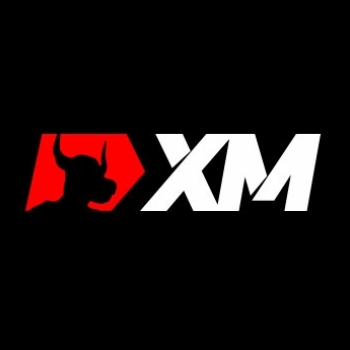
Trump threatens EU tariffs, creates confusion about Mexico and Canada duties Dollar rebounds but gold slides again Nvidia falls in after-hours trading as earnings fail to set...

Gold Consolidates Ahead of Key US Data Releases The gold (XAU/USD) price was relatively unchanged on Wednesday as markets remained cautious ahead of upcoming inflation data and...

For every trader, choosing a reliable broker is a cornerstone of success. Achieving consistent gains in trading is not a walk in the park as it is, and you don't want any extra...
Are you sure you want to block %USER_NAME%?
By doing so, you and %USER_NAME% will not be able to see any of each other's Investing.com's posts.
%USER_NAME% was successfully added to your Block List
Since you’ve just unblocked this person, you must wait 48 hours before renewing the block.
I feel that this comment is:
Thank You!
Your report has been sent to our moderators for review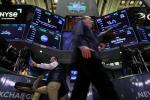




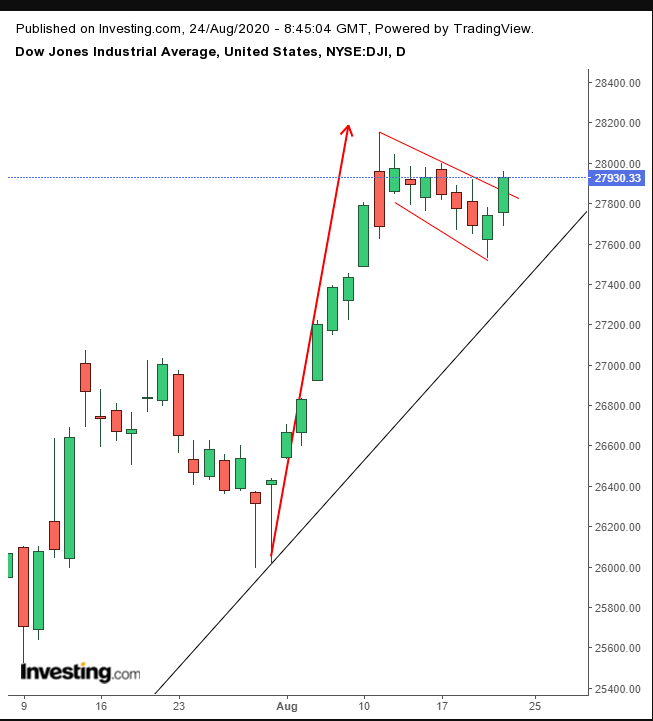
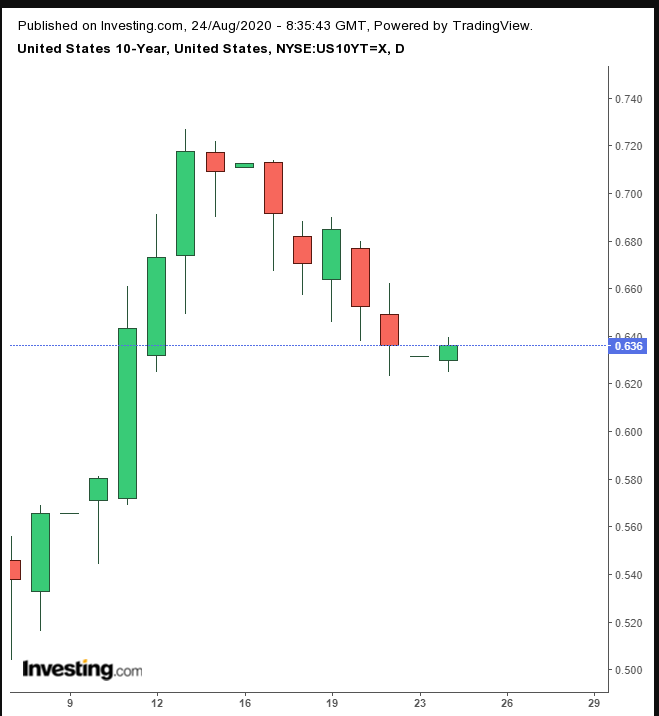
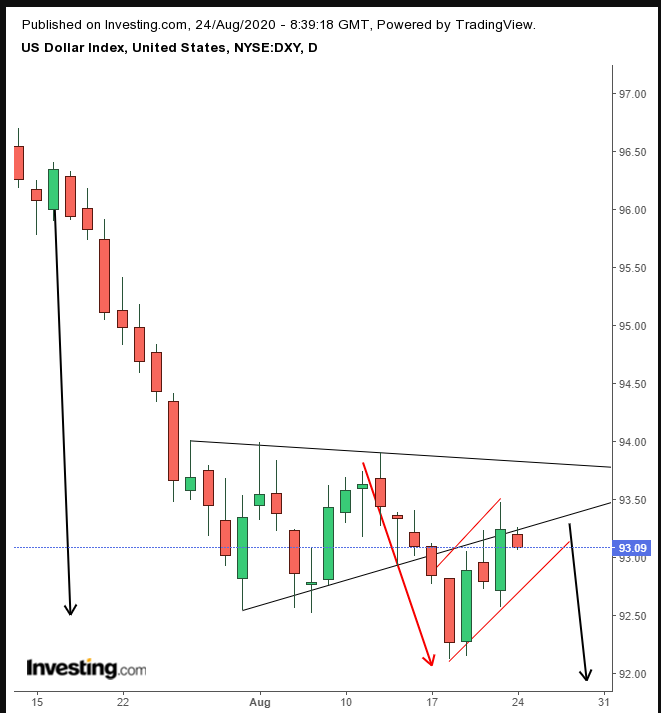
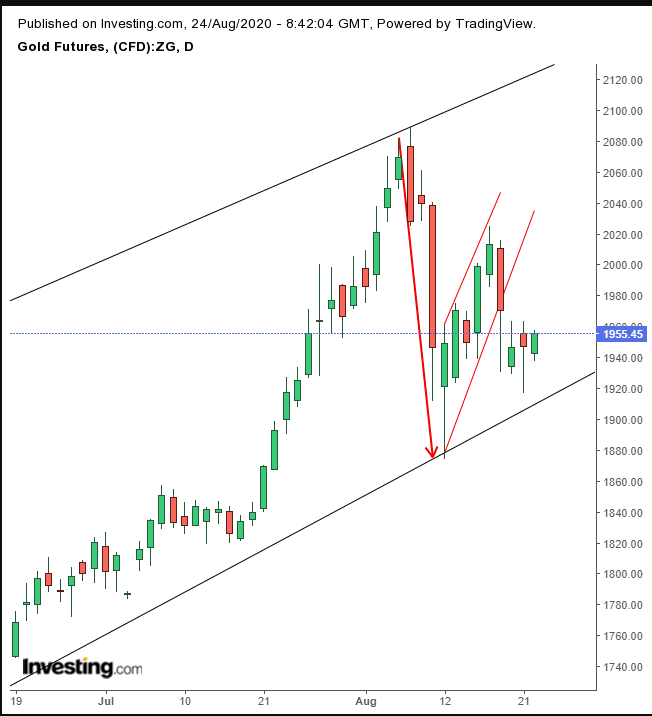

Add a Comment
We encourage you to use comments to engage with other users, share your perspective and ask questions of authors and each other. However, in order to maintain the high level of discourse we’ve all come to value and expect, please keep the following criteria in mind:
Enrich the conversation, don’t trash it.
Stay focused and on track. Only post material that’s relevant to the topic being discussed.
Be respectful. Even negative opinions can be framed positively and diplomatically. Avoid profanity, slander or personal attacks directed at an author or another user. Racism, sexism and other forms of discrimination will not be tolerated.
Perpetrators of spam or abuse will be deleted from the site and prohibited from future registration at Investing.com’s discretion.